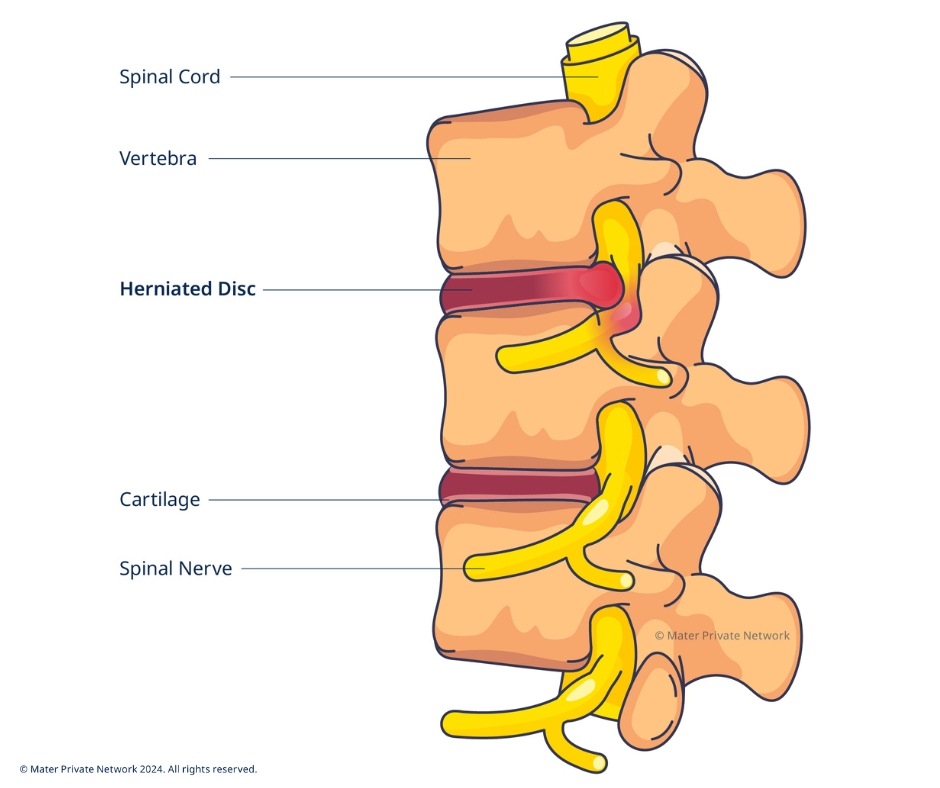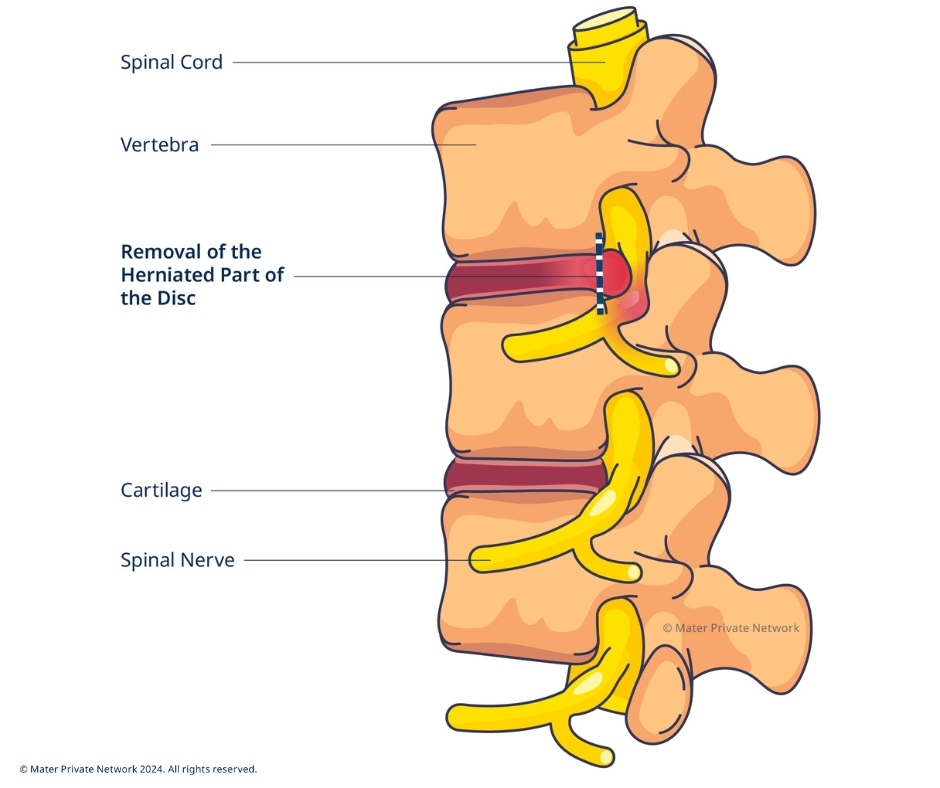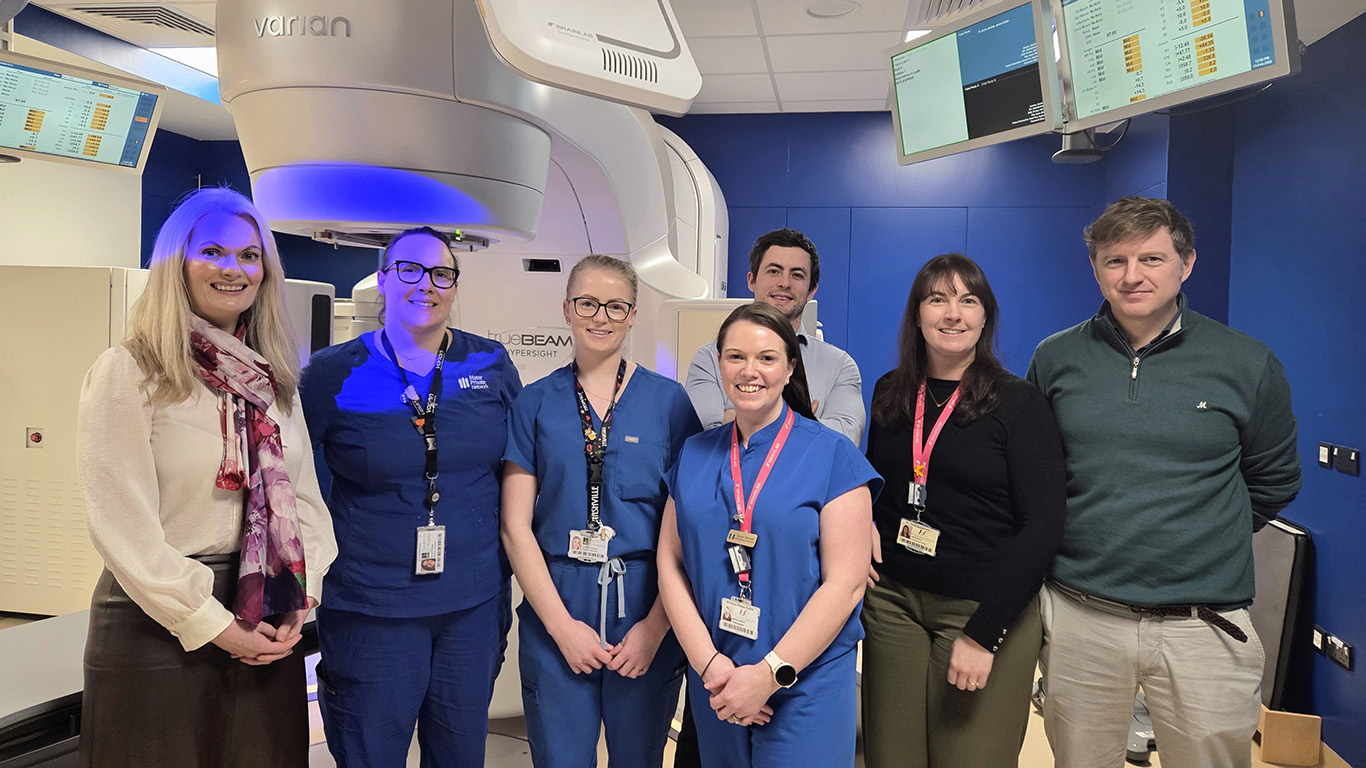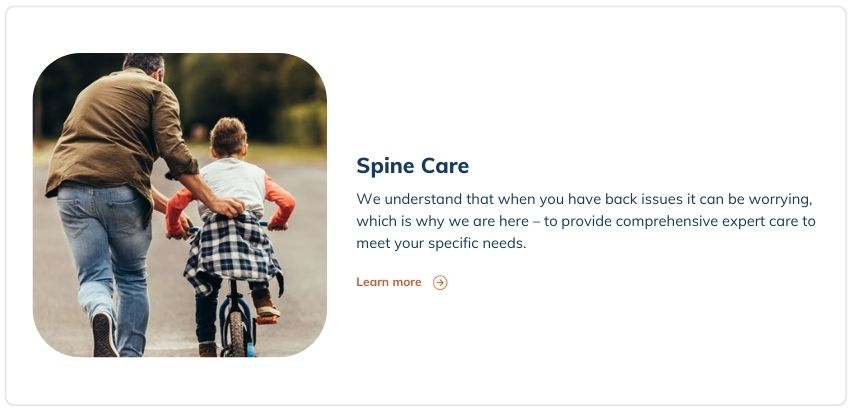Herniated Disc
What is a herniated disk?
Every spine is made up of a series of bones (vertebrae) which reach from the base of your skull to your tailbone. Between these bones are soft round cushions called discs, which allow your spine to twist and bend, and help to absorb shocks.
A herniated disc, also called a slipped, ruptured or bulging disc, is an injury to the spine.
When the outer-layer of one of the discs in your spine weakens and tears, the inner jelly-like filling leaks or bulges out and this is called a herniated disk. When the leaking or bulging filling presses against your nerves, it can cause neck, back and leg pain, as well as other symptoms. While herniated discs can happen anywhere along the spine, most occur in the lower back or the neck. Herniated discs usually heal on their own over time.
What are the symptoms of a herniated disk?
Herniated disk symptoms can vary depending on how bad the herniation is, and where the problem is located in your spine. Generally speaking, symptoms get worse when you move, and improve when you rest. The more common symptoms of a herniated disc include:
Pain: with a herniated disc in the lower back, the pain often radiates down the buttocks and legs, sometimes into the foot. This is called sciatica. With a herniated disc in your neck, pain is usually felt near or between your shoulder blades and may travel to your shoulder, arm and sometimes your hand and fingers. You may also have neck pain that increases when you bend or turn your head.
Numbness and tingling: when the herniated disc presses on your spinal nerves it can cause numbness, tingling, or a prickling feeling in the areas supplied by those nerves. For example, a herniated disc in the neck may cause numbness or tingling in the shoulder, arm, or hand.
Muscle weakness: if your herniated disc affects the nerves that control muscle function, it can cause weakness in certain muscle groups which may make it difficult to hold or lift objects, or may affect your balance and coordination.
What causes a herniated disk?
Herniated discs are usually due to the normal wear and tear of aging. As you age your spinal discs become more prone to cracks and tears. A variety of factors can worsen or quicken this process, including excessive weight, and repetitive movements. Herniated discs can also be caused by a traumatic injury, or by lifting something heavy.
How is a herniated disk diagnosed?
A thorough physical examination to assess your pain, muscle reflexes, sensation and muscle strength is usually carried out initially. Your doctor may also decide to send you for further investigation which may include:
- X-ray: an X-ray can help to rule out other causes of back or neck pain.
- Magnetic resonance imaging (MRI): this is the most common and the most acccurate imaging test for a suspected herniated disc.
- Computed tomography (CT): a CT scan may be used to show the bones of your spine.
What treatment options are there?
Treatment options vary depending on a number of factors including the severity of your symptoms, the location of the herniated disc, your overall health and whether there are any complications, but include both conservative treatments and surgical intervention.
Conservative treatment consists of rest, the use of pain medication or muscle relaxants, physiotherapy, and anti-inflammatory drugs to reduce pain and inflammation. Injections may also be used to relieve pain and inflammation.
Surgical intervention: in severe cases where there is significant nerve compression, or when conservative treatment has not resolved the problem, surgery may be required. The most common surgical procedure for a herniated disc is a discectomy, where the bulging part of the disc is removed, relieving pressure on the nerves.

Can I do anything myself to relieve herniated disc pain?
In 9 out of 10 cases, pain from a herniated disc will go away in time. To help alleviate pain while your disc heals, you can:
- Rest, if the pain is severe, but avoid long periods of bed rest or you will become stiff.
- Take an over-the-counter pain reliever, such as ibuprofen or paracetamol.
- Apply heat or ice to the affected area.
How can I avoid getting a herniated disk?
- Maintain a healthy weight. Excess weight puts pressure on the lower back.
- Mind your posture. Be conscious of how you are sitting, standing and moving.
- Use the correct lifting techniques.
- Stretch, especially if you often sit for long periods.
- Exercise regularly and do strengthening workouts that help your back and stomach muscles to support your spine.
- Stop smoking. Smoking can weaken discs, making them more likely to crack and tear.










